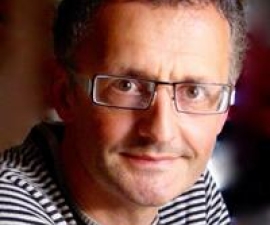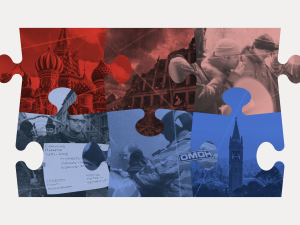

Research Bio
My book on the unexpected Soviet collapse, "Everything Was Forever, Until It Was No More: the Last Soviet Generation" (2006) has won several international awards. The book traces how the gradual transformation of the Soviet society in the 1960s-80s created conditions for its unexpected implosion in 1991. I am currently completing a book on the political and scientific history and present of the preserved body of Lenin.
In addition to being a professor in the Department of Anthropology I am also affiliated as a faculty member in Slavic Department and in Program in Critical Theory, both at UC Berkeley.
Research Expertise and Interest
social and political theory, communism and post-communism, language philosophy, the image, the body, avant-garde artistic experiments, science studies, ideology, Soviet and post-Soviet culture and society
In the News
Rescuing Dissent: Inside the Year-Long Mission To Bring Prominent Putin Critics to UC Berkeley
Featured in the Media
Russian scientists have developed experimental embalming methods to maintain the look, feel and flexibility of the Soviet Union's founder’s body, which is 145 years old today. Anthropology professor Alexei Yurchak has written a book describing the history of the science that arose around Lenin's body, and the political role that the body and science have played in the Soviet and post-Soviet eras.

